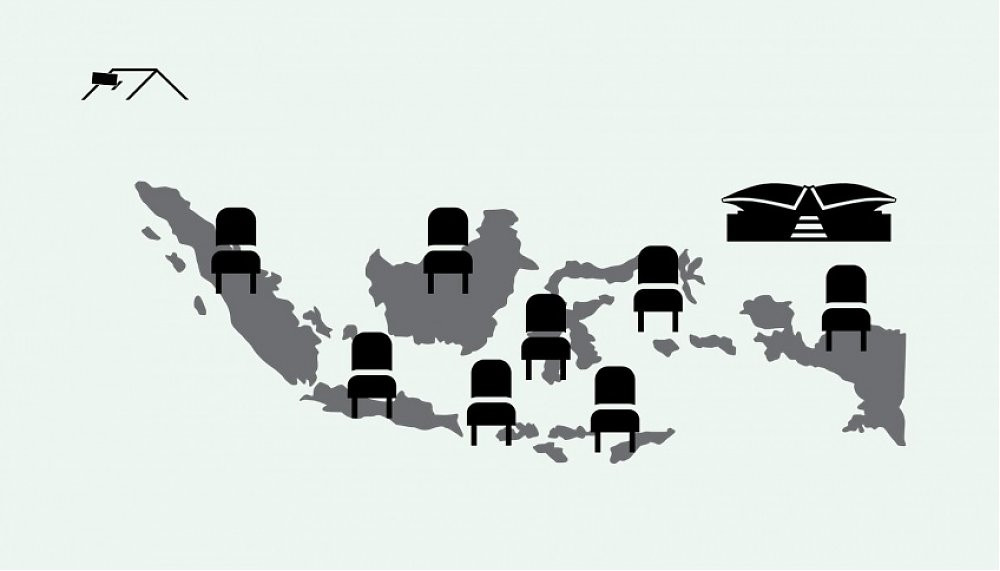Post-Reform Indonesian Elections have occurred five time and have resulted in elected governments without interruption by non-democratic actions. Because of this, the elections in this world's third-largest country deserve to be a reference for global democracy."
"When a country has conducted elections five times in a row without any interruption by non-democratic behavior, then that country must become a reference for democracy in the world," said August Mellaz, a member of the General Election Commission, during a discussion on Strategic Role of Students in Ensuring Transparency in Election Information for Open 2024 Elections, Tuesday, September 26.
August explained that there are best practices that can be gained from managing five consecutive democratic elections. According to him, in each election period, we are committed to realizing a better process. The challenge, however, lies in the generational shift with individuals who are highly accustomed to information and technology.
August cited data that 52-55 percent of voters are millennial and Generation Z. These numbers align with the development of information technology, which intersects with a generation that is tech-savvy.
"The upcoming elections should be highly egalitarian," said August.
Academician from the Faculty of Law at the University of Indonesia, Titi Anggraini, said that the development of technology and information should go hand in hand with empowered and well-informed voters. This condition can encourage voters to make meaningful decisions.
"For example, bijakmemilih.id, along with the open data from the KPU (General Election Commission), encourages voters to understand the meaning behind the numbers. So, they know that elections are not just about party logos but also involve people whose track record needs to be scrutinized. The meaning of transparency will ultimately touch the essence of democratic elements, which is the active participation of citizen to take a role," concluded Titi. []
Translated by Catherine Natalia











